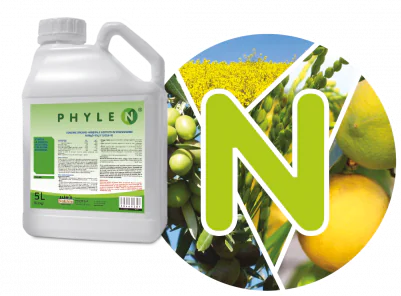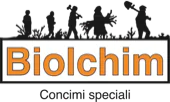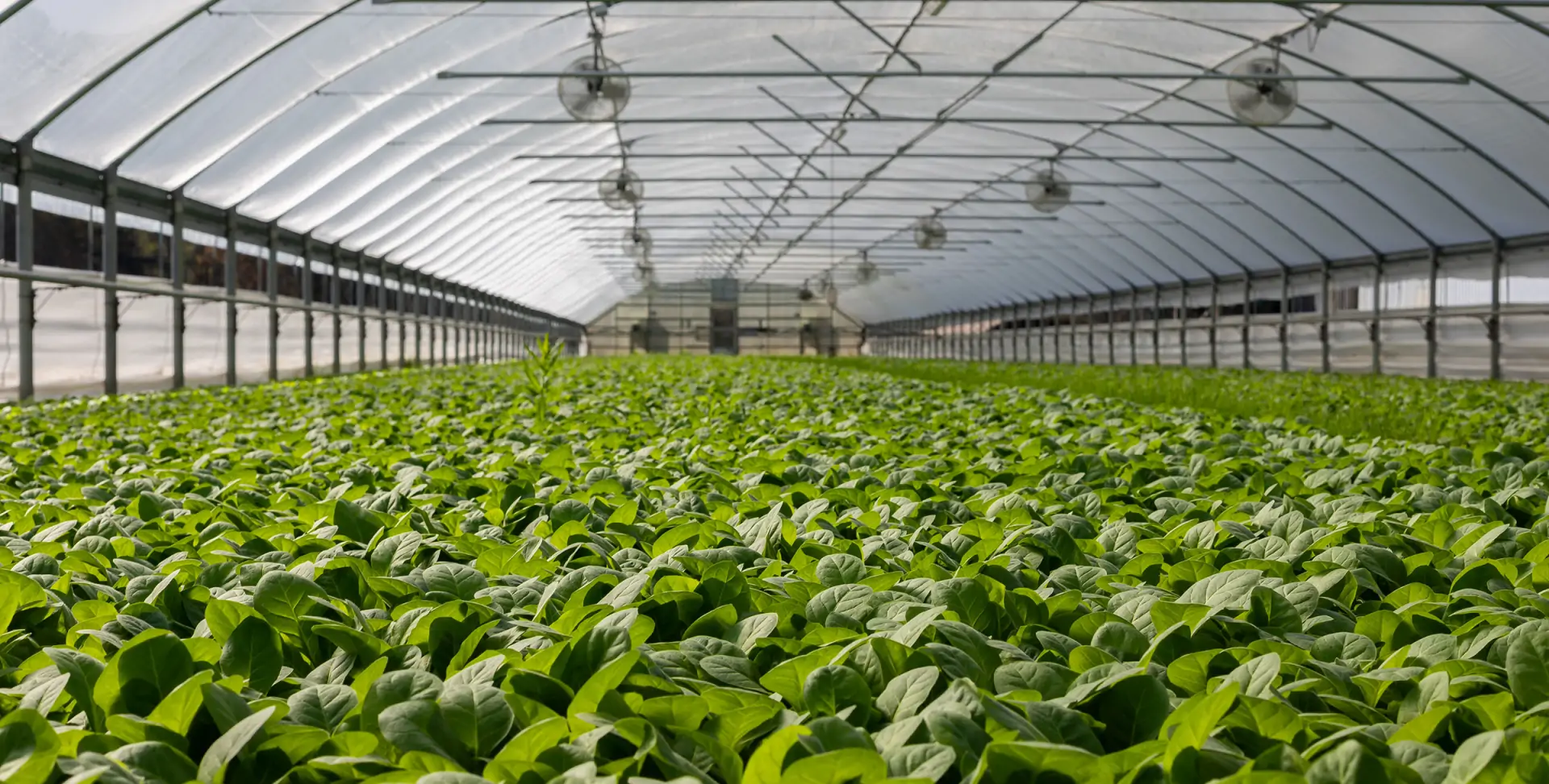Overcoming stunted growth and increasing yields
Even on stressed plants, PHYLEN promotes growth and elevates yields

For those who produce cereals, but also olive trees, leafy vegetables, citrus fruits and legumes, the challenge is to maintain high levels of productivity while reducing production costs.
In this already difficult equation, environmental stresses represent an additional unknown factor, which can lead farmers away from a satisfactory production result. PHYLEN, the new foliar fertilizer from Biolchim, is the solution to increase vigor and productivity
ENVIRONMENTAL ANTI-DEVELOPMENT FACTORS

Abiotic stresses are alterations in the growth metabolism of plants, due to hostile conditions that occur in the environment in which they live. These adverse environmental factors induce physiological shocks in crops, jeopardizing their development and reducing their productive potential.
The main abiotic stresses are induced by phenomena such as drought, salinity, extreme temperatures, nutrient deficiencies, heavy metals and excessive solar radiation. They cause the reduction of photosynthetic processes, induce the denaturation of proteins and fatty acids within the cells, cause premature aging of the leaves and make plants more vulnerable to parasitic attacks (biotic stress).
Symptoms such as chlorosis, stunted growth, wilting and tissue necrosis, represent a first – but late – alarm bell. Prevention is the most effective strategy to avoid plants kneeling.
WHEAT AND CORN, BEWARE OF STRESS
In spring, during the tillering of wheat, the climatic conditions can put the plant’s metabolism in difficulty. Temperature changes, cold, and inconstant water availability can send the plant into a water-nutritional deficit, preventing the generation of a good number of productive stalks. To these is often added the side effect of weeding, which can block the development of the plant and have significant repercussions on yield.
Between earing and fruit set, the limiting factor is metabolic stress: the physiological activities aimed at filling the kernels and accumulating protein require a high energy expenditure.
In the case of corn, early sowing (necessary to avoid flowering in excessively hot periods) exposes the crop to low temperatures. The cold causes the seedlings a stress that increases their sensitivity to herbicides and stops their growth, with a consequent compromise in yield and quality of production.
In pre-flowering, flowering and post-flowering, corn is easily subject to water and nutritional stresses which, associated with the high temperatures typical of the period, favour the development of mycotoxins (aflatoxins, fumonisins, etc.)
PHYLEN, DOUBLE ACTION FOLIAR FERTILIZER
To prevent the stresses that limit agricultural production, Biolchim has developed PHYLEN, an organic-mineral fluid fertilizer with nutritional and anti-stress action. PHYLEN brings Nitrogen, Magnesium and Sulfur, essential elements to activate and support the primary metabolic processes of the plant, in order to ensure rapid and organized growth of crops.
In addition, thanks to the addition of glycinbetaine, an osmoprotective substance naturally present in the tissues of some plants, PHYLEN contributes to the maintenance of cellular turgor and the functionality of the membranes, protecting the plant from stress and allowing regular vegetative development.
HOW TO USE PHYLEN ON WHEAT AND CORN
Two applications are recommended on wheat: one in the tillering-beginning of raising phase and the second one for earing. The first application is commonly done in combination with weeding and allows the plant to overcome the typical stresses of spring and have ready access to nutrients in a delicate phase of growth. The second application must be carried out at earing, a crucial moment for obtaining quality productions in quantity.
Thanks to its slow-release nitrogen formulation, PHYLEN supports the plant until it reaches full maturity. In this way, a grain with a higher specific weight and a higher protein content is obtained.
Two applications are also foreseen on corn. The first at the beginning of the vegetative development, in combination with the weeding, while the second in combination with the treatment for the borer.
The first intervention is particularly suitable for early sowing, as the glycinbetaine component allows the plant to overcome thermal stresses without stopping development. The two treatments allow the corn to have access to a nitrogenous source of nutrition for a long period, thus supporting its full development and the production of an abundant grain.





